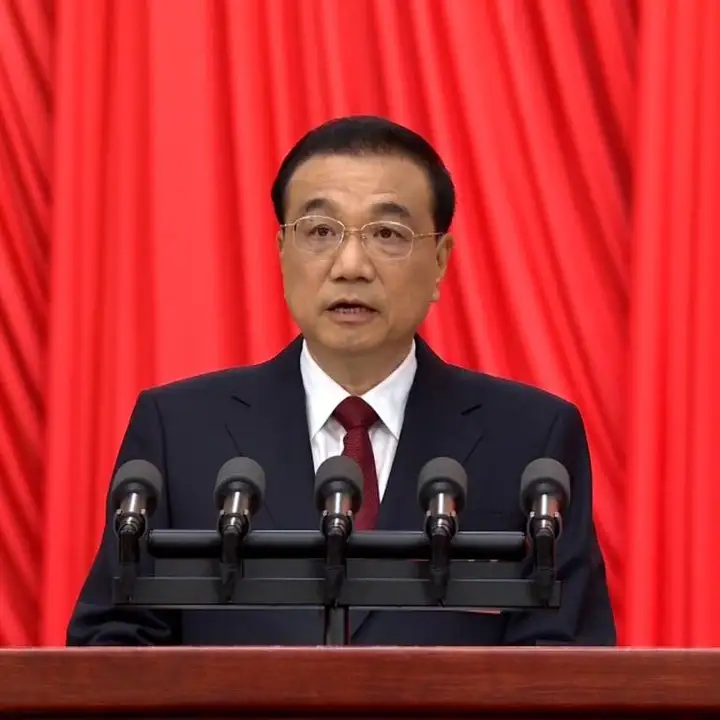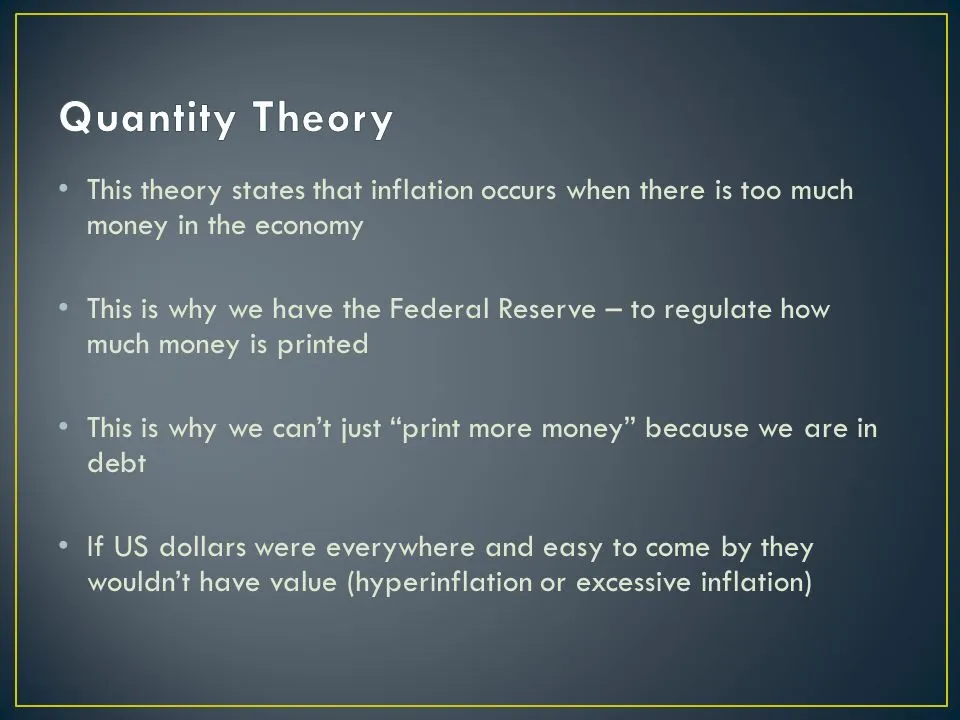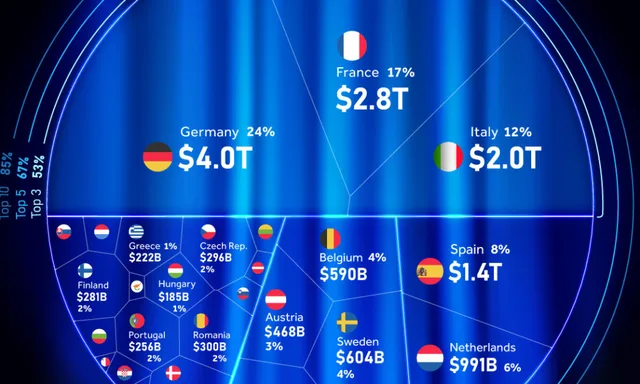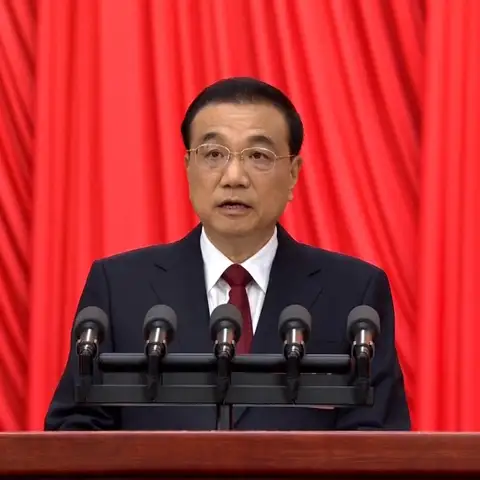Why does inflation (in the economy) exist, and who controls it?
Inflation is the result of a complex interplay between the amount of money in circulation, the demand for goods and services, and the availability of goods and services. It is generally controlled by central banks and governments, who use a variety of tools, such as interest rate changes, to influence the economy. Inflation is a normal and expected part of a healthy economy; when it is too high, central banks and governments will take steps to reduce it. When it is too low, they will take steps to increase it. Inflation can have both positive and negative effects on the economy, so it is important for central banks and governments to keep a close eye on it.
Does GDP consist of inflation?
GDP (Gross Domestic Product) is an important economic statistic that measures the total economic output of a country. But does it accurately measure the impact of inflation? The answer is yes and no. While GDP does include the price of goods and services, it does not take into account the actual value of money. Inflation causes prices to rise, reducing the purchasing power of money. This means that even though the price of goods and services is increasing, the actual value of money is decreasing. Because of this, GDP does not accurately reflect the total economic output of a country. In order to get a more accurate measure of a country's economic output, inflation must be taken into account.
What happens when there is too little money in the economy?
When there is too little money in the economy, it can create a ripple effect of financial hardship. Businesses may struggle to stay afloat, as they are unable to invest in growth and development. Consumers may find it difficult to make ends meet, and may have to cut back on spending. Unemployment may rise, as businesses are unable to afford to hire employees. This can create a financial spiral, as fewer people have money to spend, leading to more businesses struggling, more unemployment, and so on. Ultimately, the economy can suffer greatly if there is too little money circulating.







